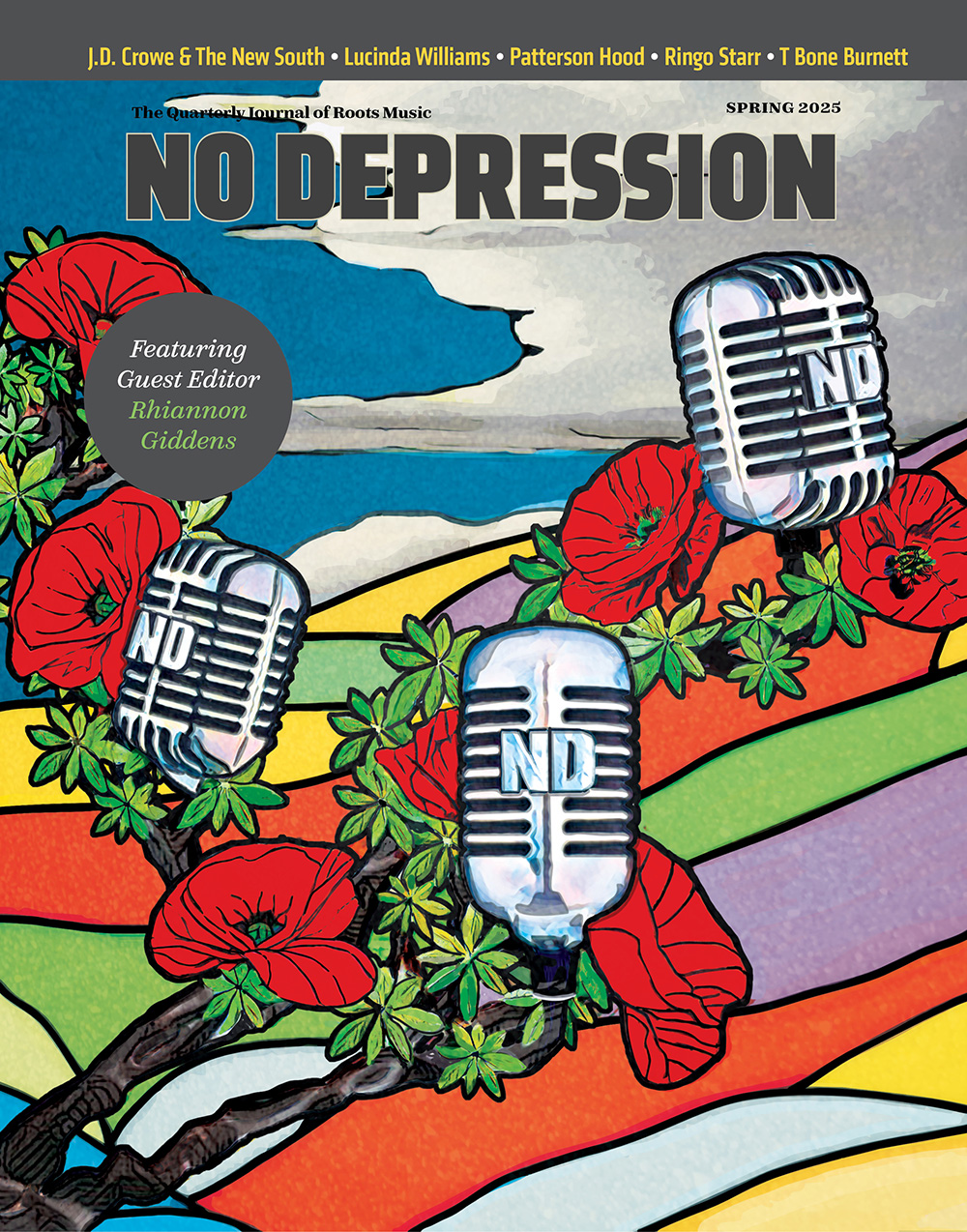Country Music: Talking About Itself Since Time Began
It’s the time of year when I don’t allow myself many breaks. Mostly because I can’t take them. I don’t have time. Consequently, when I do allow them, they have to be the most meaningful breaks evar…basically that means getting a snack and sitting on the edge of the couch for five minutes while I watch CMT.
I’m not sure why I default to CMT; it’s usually disappointing. It might be because every other option is more disappointing, or because when I’ve only got the TV on for five minutes, I don’t feel committed to whatever shows up on the channel. For similar reasons, I also enjoy it at the dentist.
To my point: last week I turned it on and came across this little number:
This is like a meta-country song. It’s about itself. That’s a hard thing to achieve – like a novel about a novel. Or a newspaper about a newspaper. Can you imagine? Yet country does this all the time.
We find ourselves in a sort of wacko situation that poses a chicken-and-egg conundrum: can a country singer singing about himself singing about country music use a country song that is explaining what country music is to sing about himself singing about country music? Uh, what?
While I find the “gorsh-darnit, we’re so country that we have to tell you all the things that make us country” – in an innovative list, no less – odd, repetitive, boring; a distinct reason to stay away from new country, I also think it’s telling us a lot about what country used to be and what it has become.
When country lost its footing, threatened by the advance of other, more popular genres in the 1960s, these kinds of songs started to appear, but just a little bit here and there. The “I am country, hear me roar” statements started to emerge full-force probably sometime in the 1970s, in the progressive country of Waylon, Willie, and the like. They were singing about themselves, reclaiming country from what it had become (slick in the hands of producers and the countrypolitan folk; hippied out in the hands of the Byrds, Gram Parsons, others). They were bringing it back to its roots. Right? Are You Sure Hank Done It This Way? Etc.
So you get songs like “Willie, Waylon, and Me” that get all self-referential, documenting the activities of a bunch of dude songwriters who are doing country the way it should be done.
These guys loved singing about themselves. DAC especially. Must be why he sang “You Never Even Call Me By My Name”; because he was so frustrated at that point that people still didn’t know it. (I’m contemplating making this my theme song; playing it every time a student calls me “hey, miss”). Actually, he should have released this post-Brad Paisley, because it’s the perfect sarcastic come-back.
The only other genre that is this self-referential is rap, but in the case of rap, the guys (and sometimes girls) are usually referencing themselves and their, erm, daily activities, not the genre, whereas you get a combination of the two in outlaw country.
I often tell my students that the parallels between country and rap are far greater than you might like to believe. Both genres started in the hands of marginalized groups (African Americans and poor white southerners). Both privilege story-telling and the voice of the common man. Both use plain language that is at once culturally specific and poetic.
And then both genres, in the 1980s, suddenly moved into the mainstream, lost whatever edge or political potential they might have had, and somehow became the language of the suburban middle class. The record labels got hold of the genres, figured out what the largest mainstream demographic wanted to hear, and exploited that. Hired songwriters, spiffed up artists, repurposed the same themes in slightly altered packages. In the case of country, the reclamation efforts of the outlaws quickly morphed into a rallying cry for every listener who considered themselves to be “normal” (aka middle-class, white, suburban) and wanted to re-live (or discover) what old country meant in a simpler time when we didn’t have to be all PC and shit. This is where you get the truck-driving, baseball-cap-wearing, fist-pumping dude cliché in all the recent country songs about being country. Yeah. Bring back ’merica.
And yet…
Watch the video again. What happens when Brad references Johnny Cash? Lots of cheers. Guess the audience saw Walk the Line. How about Tammy? Fewer cheers. George Jones? Hank Jr.? Silence. These people, for all they claim to “be country”, might only know a certain, recent expression of “country” manifested in these songs. They may not actually know Conway Twitty, which is odd, because the other thing country routinely does is talk about its history.
So as not to appear like a horribly elitist whiner who wishes new country were “real”, I’ll clarify that this is only a phenomenon that I’ve noticed in what I encounter on CMT. State that you are country, list the requisite trucks, beer cans, girls in bikinis, whatever, and you’ve got a hit. Add some nostalgia for old country in the form of quickly passing phrases (not so much in style or delivery), and maybe you can also appease those who do remember a different era of country music.
As far as how I feel about it, well, I just think it’s interesting. Not really my thing, but interesting from the perspective of only seeing it for five minutes a day.



